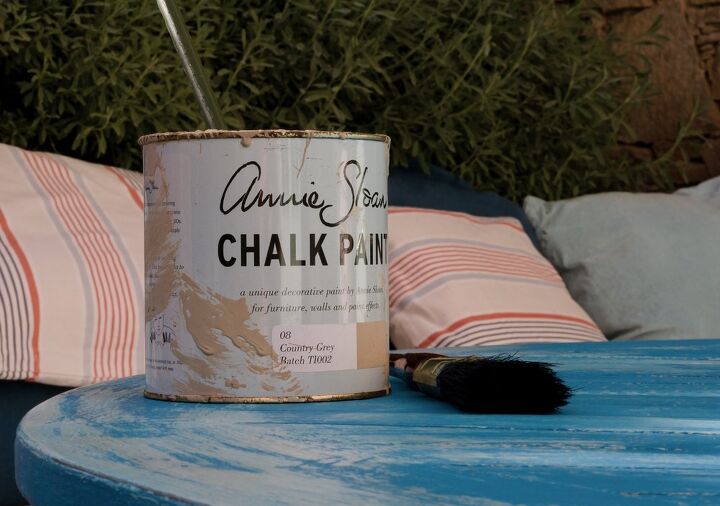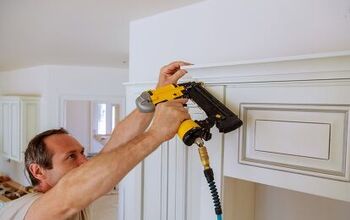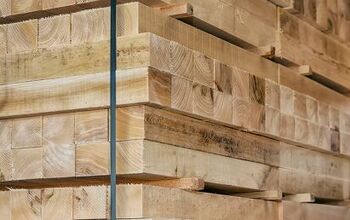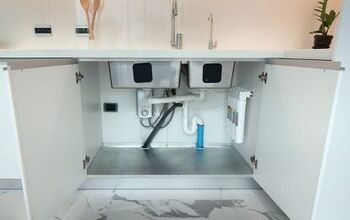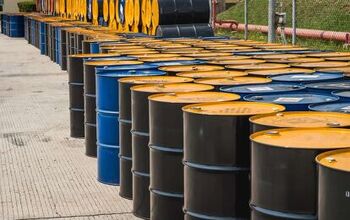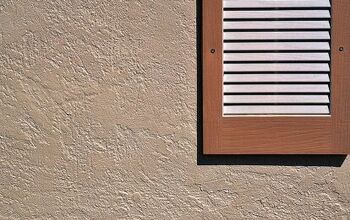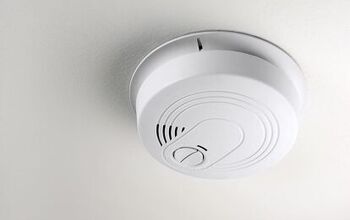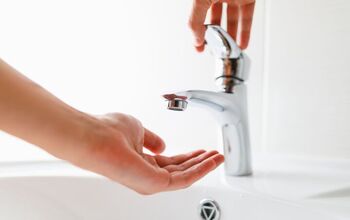What Happens If You Don't Wax Chalk Paint? (Find Out Now!)

Using chalk paint can be tricky. You have to follow several steps if you want the finish to turn out nice. But what happens if you don’t wax chalk paint? Are those extra steps necessary, or can you skip them? Here’s what you need to know.
You can skip waxing chalk paint. But a lack of wax will leave your surfaces susceptible to moisture. Also, you should apply chalk wax evenly to prevent excessive build-up. Dirt can accumulate if you use too much resin. So, spread a thin layer of wax, then let it cure before moving to the next steps.
Do You Need Painting or Staining Services?
Get free, zero-commitment quotes from pro contractors near you.

Should You Wax Chalk Paint?
Try to finish chalk painting projects with a thin layer of wax. But don’t apply too much. That’s because thick layers of wax on chalk paint can leave behind lumps or unsightly streaks. Meanwhile, the correct amount of wax helps protect your color.
DID YOU KNOW: You can remove wax if you apply too thick of a coat. However, you may have to take extra steps.
How Long After Chalk Paint Do You Wax?
Wait for your chalk paint to dry before applying wax. And check the label on your paint can to read specific instructions. You shouldn’t apply wax to the surface until the color is no longer tacky. So, do a spot test to be sure. Or hire paint experts to help.
It might also take a while for your wax to cure. But differences in brands and ingredients can change your wait time. In general, you can expect to wait at least 24 hours. However, give each layer around 36 hours if you’re unsure how it will behave.
Some wax brands contain ingredients that won’t dry for much longer. Those types can take up to two weeks to cure. And if you try to take more steps before it fully hardens, you could mess up the finish.
How Many Coats of Wax Do You Put on Chalk Paint?
To begin, always test a small area on the surface. Be sure to apply a layer of paint and wax to mimic the final technique. Observe how it cures and make adjustments as needed. Then, finish your project using the same method.
What Happens If You Use Too Much Wax on Chalk Paint?
It’s easy to tell when you’ve used too much wax on chalk paint. For instance, you’ll see transparent or white lumps on the surface. But you might also find streaks in the finish that make your project look terrible. So, be careful to apply wax in thin layers. And let each layer dry before applying more.
The good news is that you can remove extra wax with the correct technique. Here are the steps:
Step One: Wet the Surface
Apply another thin layer of wax on top of the dried paint. But pay attention to how long it takes the wax to cure.
Step Two: Allow It to Bond
Let the oils in the wax activate the material underneath. Expect to wait about 30 minutes for the chemical reaction to begin.
Step Three: Clean Off the Surface
In about 30 minutes, wipe or scrape off excess wax until you achieve optimal results. Use delicate cloths and sandpaper first. Then move to more abrasive sanding afterward.
How Long Do You Leave Wax on Chalk Paint Before Buffing?
Don’t buff a waxed chalk paint surface until it’s fully dry. But remember that you’ll have to wait for about 24-48 hours for the wax to cure. Once you’re ready, buff the surface using low-grit sandpaper to remove excess wax. And if you sand it too soon, the wax won’t have a chance to adhere to the surface.
How Do You Touch Up Chalk Paint After Waxing?
Do your touch-ups the same way you would on any other surface. First, match the color as precisely as you can. Then, try to blend the new paint with the old to prevent lines and streaks. You can buff to remove imperfections and finish it with a topcoat. But you don’t have to apply primer because the old color acts as a shield.
Always follow touch-ups with a thin layer of wax to protect the material. Apply wax with a lint-free cloth or brush. Now, wait for it to cure. Once cured, you can buff out imperfections and finish them with matte or glossy lacquer.
Related Questions
Why Is My Chalk Paint Wax Streaky?
There are two potential causes of streaky wax. One, you could have applied too much of it to the surface. Or two, you could have waited too long before wiping off the excess. If you use a dirty brush or roller, those can also cause streaks. So, apply thin coats. And then let the surface dry for about 24 hours before buffing.
How Do You Keep Chalk Paint from Scratching?
The best way to prevent chalk paint from scratching is to apply a durable topcoat. For many projects, wax is the most popular option. However, chalk paint wax doesn’t offer much in scratch resistance. So, try a liquid finish if your surfaces need more protection.
How Long Does It Take Wax to Cure?
No two waxes are the same. So, they all cure at different speeds. But you can expect to wait a few days to complete the process. Depending on the ingredients and ambient climate, curing can take as long as 21 days. However, most formulas only require a 24 to 48-hour wait time.
Does Wax Make Chalk Paint Shiny?
You can make chalk paint shiny with the correct technique. Most people try buffing the surface with fine-grit sandpaper first. Circular buffing helps work the wax into surface pores. But it also gives the surface a subtle shine that’s much easier to maintain. Then, you can apply a few thin layers of top coat for even more sheen.
Do You Need Painting or Staining Services?
Get free, zero-commitment quotes from pro contractors near you.

Do It Right the First Time
Related Guides

Tiffany Nichols specializes in aesthetics, design, marketing, and manufacturing. She's a copywriter and editor for several home renovation companies in the U.S. and works alongside some of the biggest names in the industry. Her hobbies include architecture, art, mental health, and fashion.
More by Tiffany Nichols



